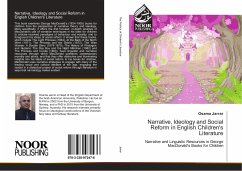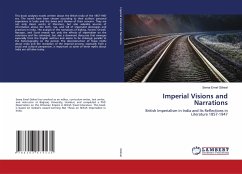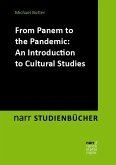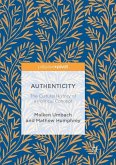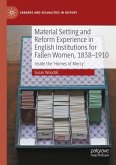This book examines George MacDonald's (1824-1905) books for children from the perspective of narrative theory and ideology. More specifically, it offers the first focused, in-depth analysis of MacDonald's use of narrative techniques in his tales for children to criticise received paradigms of behaviour and morality, and to foreground his ideas of social reform. It shows that these books, which include The Light Princess (1864), At the Back of the North Wind (1871), The Princess and the Goblin (1872), The Wise Woman: A Double Story (1874-1875), The History of Photogen and Nycteris: The Day Boy and the Night Märchen (1882) and The Princess and Curdie (1883), have linguistic and narrative resources through which MacDonald questions contemporary morality and ethics, and that they offer distinctive and illuminating insights into his ideas of social reform. In his books for children, MacDonald uses narrative strategies to engage with many of the leading social and cultural debates of the age, engaging the reader in a dialectical project of social reform through literature in ways that narratology makes evident.

